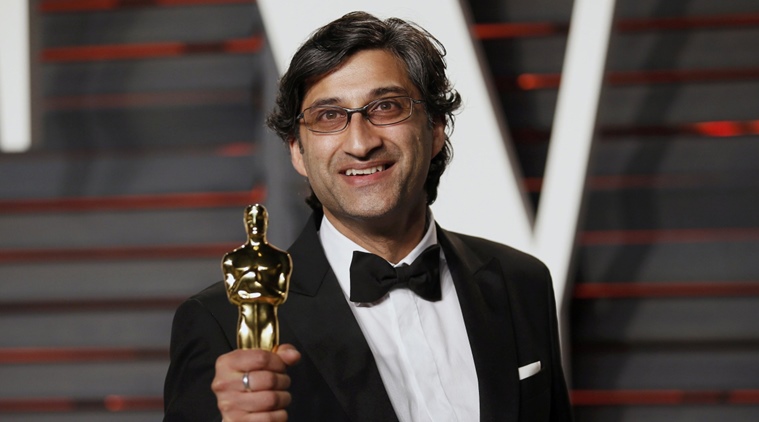When legendary filmmaker Asif Kapadia joined forces with newcomer Joe Sabia to document Roger Federer’s retirement, they crafted something unprecedented in sports documentaries. Through “Federer: Twelve Final Days,” the directing duo abandoned the conventional career retrospective format, instead zeroing in on the intimate details of a champion’s carefully orchestrated exit from professional tennis.
The project’s origins were serendipitous – Sabia, known for his viral Vogue interviews, had impressed Federer during a brief 2019 shoot at Wimbledon’s Centre Court. This connection led to an unexpected call about filming the tennis icon’s retirement announcement, a moment that would become the foundation of their groundbreaking documentary.
What distinguishes this film from Kapadia’s previous works – including his acclaimed documentaries about Ayrton Senna, Amy Winehouse, and Diego Maradona – is its laser focus on the present moment rather than tragic endings. The documentary pulls back the curtain on Federer’s world, revealing surprisingly personal moments, from the domestic accident that ultimately ended his career to his wife Mirka’s rare on-camera reflections about life on tour with four children.
The film excels in capturing the nuanced dynamics between tennis’s elite, particularly the complex relationship between Federer and Novak Djokovic. A seemingly mundane scene involving a pre-dinner shirt change becomes a subtle commentary on their ongoing rivalry, showcasing the competitive spirit that persists even in retirement.
Under Kapadia’s observational approach, the documentary eschews the temptation to summarize Federer’s illustrious career, instead finding profound meaning in small moments that might otherwise go unnoticed. The directors’ restrained style allows the raw emotions of Federer’s farewell to resonate without melodrama, creating what Sabia describes as a “collection of moments” that are both contemplative and emotionally charged.
The film’s success owes much to Federer’s trust in both filmmakers, particularly his insistence that Sabia receive co-director credit alongside the Oscar-winning Kapadia. This collaborative spirit extends to the film’s transparent approach, showing even the PR strategy meetings surrounding the retirement announcement – a level of access that surprised the directors themselves.
What emerges is a meditation on endings in sports that transcends the typical retirement narrative. Through Kapadia’s lens, we witness not just Federer’s departure but potentially the final gathering of tennis’s “big four” as competitors. The documentary captures this historical convergence while maintaining an intimate focus on its central figure.
The result is a film that, like its subject, defies conventional categorization. It’s neither a career retrospective nor a simple farewell piece, but rather a thoughtful examination of how one of sport’s most graceful performers choreographed his exit from the world stage. In choosing to focus on these twelve days, Kapadia and Sabia have created a document that speaks volumes about endings, legacy, and the human side of sporting greatness.






